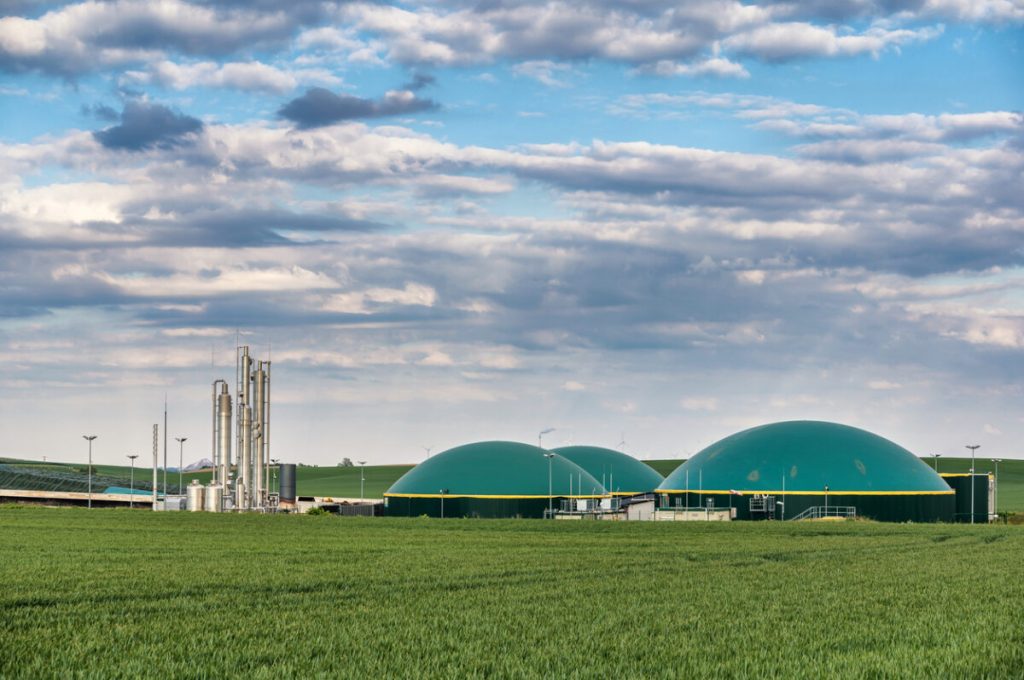Municipal solid waste (MSW) is a significant environmental issue that many cities and communities face worldwide. The amount of waste generated continues to rise, leading to overflowing landfills and increased greenhouse gas emissions. However, there is an innovative solution that not only addresses the problem of waste management but also provides renewable energy – using MSW as a feedstock for the production of renewable natural gas (RNG).
RNG, also known as biomethane or biogas, is produced through the anaerobic digestion of organic materials such as food scraps, yard trimmings, and sewage sludge. Traditionally, RNG has been sourced from agricultural waste or dedicated energy crops like corn or switchgrass. But with advancements in technology and waste-to-energy processes, MSW can now be utilized as a valuable feedstock.
The process starts by collecting MSW from households and businesses in specially designed trucks equipped with separate compartments for recyclables and organic waste. Once collected at a centralized facility called an anaerobic digester plant, the organic portion of the waste is separated from non-organic materials like plastics and metals. The organics are then processed in large sealed tanks where bacteria break them down in the absence of oxygen.
During this anaerobic digestion process, methane gas is released as a byproduct. This methane-rich biogas can be upgraded to RNG by removing impurities such as carbon dioxide and hydrogen sulfide through various purification methods. The resulting RNG can then be injected into existing natural gas pipelines or used as transportation fuel for vehicles.
One significant advantage of utilizing MSW as a feedstock for RNG production is its potential to reduce greenhouse gas emissions significantly. When organic wastes decompose in landfills without any controlled environment, they release methane directly into the atmosphere—a potent greenhouse gas that contributes to climate change. By diverting this waste stream into anaerobic digesters instead, we capture the methane emissions and convert them into a renewable energy source, effectively reducing greenhouse gas emissions.
Moreover, RNG produced from MSW provides several environmental benefits. It helps reduce reliance on fossil fuels and decreases the need for traditional natural gas extraction methods such as fracking. Additionally, it offers a sustainable solution to waste management by diverting large quantities of organic waste from landfills and promoting recycling practices.
Although there are challenges associated with using MSW as a feedstock for RNG production, such as ensuring consistent waste supply and managing potential contaminants in the feedstock, ongoing technological advancements are addressing these issues. Governments and municipalities can play a crucial role by implementing policies that promote waste segregation at the source and invest in infrastructure to support RNG production from MSW.
In conclusion, utilizing municipal solid waste as a feedstock for renewable natural gas has enormous potential in mitigating both our waste management crisis and our dependence on fossil fuels. By converting organic wastes into biogas through anaerobic digestion processes, we not only generate renewable energy but also reduce greenhouse gas emissions and provide an eco-friendly alternative to traditional natural gas sources. With continued efforts towards innovation and collaboration between governments, industries, and communities, this emerging solution can contribute significantly to creating more sustainable living environments for future generations.

Leave a comment